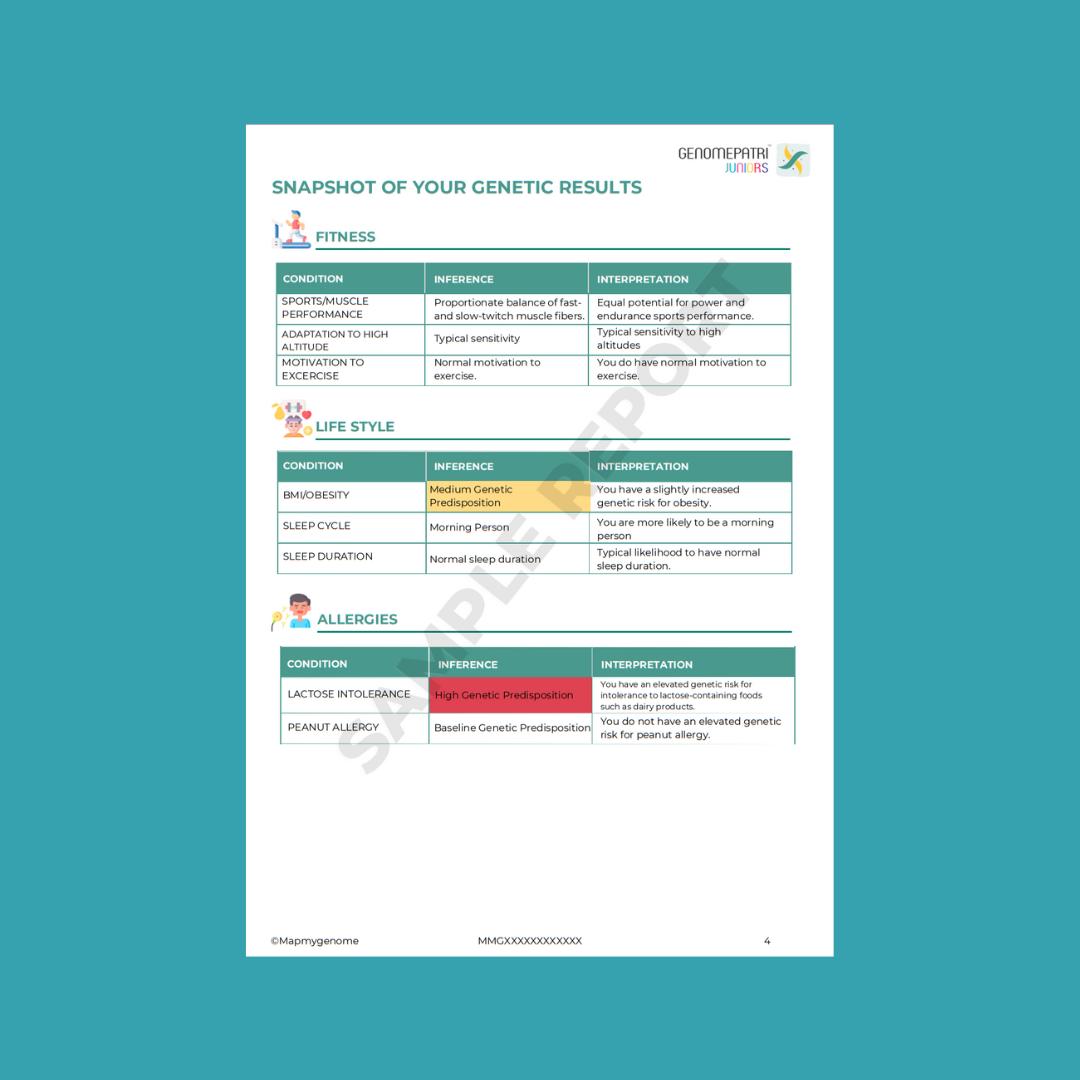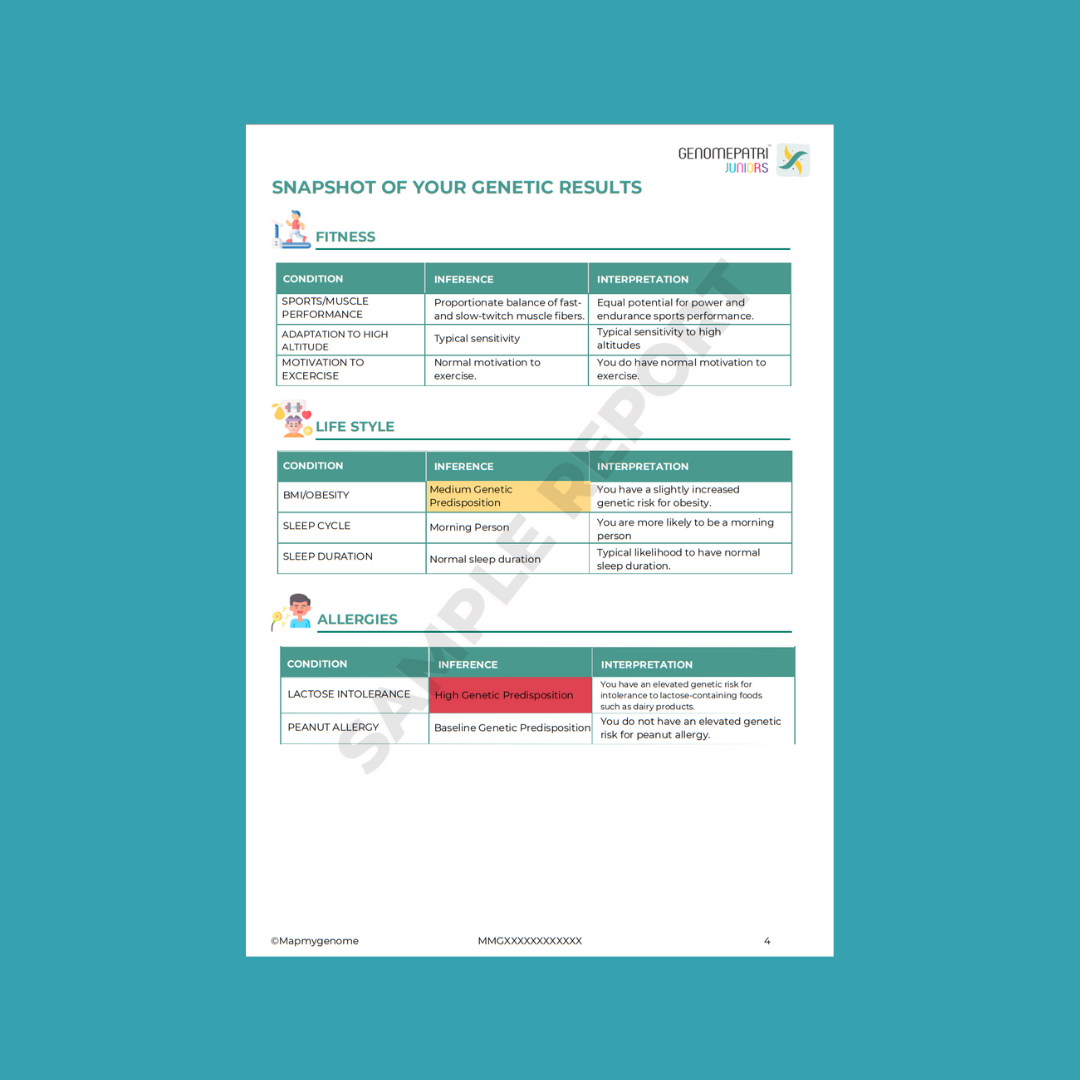बच्चों के लिए अच्छा पोषण सिर्फ़ उन्हें भरा हुआ रखने के बारे में नहीं है; यह उनके विकास, ऊर्जा और भविष्य के स्वास्थ्य को बढ़ावा देने के बारे में है। आपके बच्चे के पोषण के बारे में अनगिनत सवालों के साथ, हम चीजों को सरल बनाने और आपको कार्रवाई योग्य सुझाव देने में मदद करने के लिए यहाँ हैं। संतुलित भोजन के महत्व से लेकर स्वस्थ भोजन को मज़ेदार बनाने के रचनात्मक तरीकों तक, यह मार्गदर्शिका सब कुछ कवर करती है।
बच्चों के लिए पोषण इतना महत्वपूर्ण क्यों है?
बच्चे छोटे इंजन की तरह होते हैं जो कभी नहीं रुकते! बच्चों के लिए उचित पोषण निम्नलिखित का समर्थन करता है:
- वृद्धि और विकास : उनके बढ़ते शरीर को विटामिन, खनिज और पोषक तत्वों के सही मिश्रण की आवश्यकता होती है।
- मजबूत प्रतिरक्षा : पोषक तत्वों से भरपूर खाद्य पदार्थ बीमारियों से लड़ने में मदद करते हैं।
- बेहतर एकाग्रता : संतुलित भोजन स्कूल में एकाग्रता और सीखने में सुधार कर सकता है।
बच्चों के लिए संतुलित पोषण की मूल बातें
संतुलित आहार कोई रॉकेट साइंस नहीं है! इसके लिए बस इन खाद्य समूहों का अच्छा मिश्रण होना चाहिए:
1. फल और सब्जियाँ
- रंगीन प्लेटें चुनें। अधिक रंग का मतलब है अधिक पोषक तत्व!
- फलों को स्मूदी में मिलाकर या सब्जियों को पास्ता सॉस में मिलाकर देखें।
2. प्रोटीन पावर
- आहार में कम वसा वाले मांस, मछली, अंडे, बीन्स और मेवे शामिल करें।
- मज़ेदार विचार: टर्की या चिकन पैटीज़ से मिनी स्लाइडर्स बनाएं।
3. स्वस्थ कार्बोहाइड्रेट
- साबुत अनाज जैसे भूरे चावल, जई और गेहूं की रोटी चुनें।
- मीठे अनाज की जगह फलों से भरे ओटमील का सेवन करें।
4. डेयरी या डेयरी विकल्प
- मजबूत हड्डियों के लिए कैल्शियम युक्त खाद्य पदार्थ आवश्यक हैं।
- यदि आपके बच्चे को दूध पसंद नहीं है, तो दही या बादाम का दूध पिलाएं।
5. वसा का सही उपयोग
- अपने आहार में स्वस्थ वसा जैसे एवोकाडो, जैतून का तेल और नट्स को शामिल करें।
- ट्रांस वसा और प्रसंस्कृत स्नैक्स से बचें।
आम चुनौतियाँ और उनसे निपटने के तरीके
चुनौती 1: खाने में नखरे करने वाले
समाधान:
- उन्हें भोजन तैयार करने में शामिल करें। बच्चे जो बनाने में मदद करते हैं, उसे खाने की संभावना अधिक होती है।
- मज़ेदार आकृतियों या थीम का उपयोग करें, जैसे कि जानवरों के आकार वाले सैंडविच।
चुनौती 2: चीनी की लालसा
समाधान:
- फल, दही या घर पर बने ग्रेनोला बार जैसे स्वाभाविक रूप से मीठे व्यंजन दें।
- मीठे स्नैक्स को एक साथ खत्म करने के बजाय धीरे-धीरे उनका सेवन कम करें।
चुनौती 3: व्यस्त कार्यक्रम
समाधान:
- भोजन पहले से तैयार रखें। आसानी से खाने के लिए फल और सब्ज़ियाँ काट लें।
- उबले अंडे, मेवे और फलों के प्याले जैसे स्वास्थ्यवर्धक विकल्प अपने पास रखें।
भोजन को मज़ेदार और आकर्षक बनाएं
1. अपनी खुद की प्लेट बनाएं
टैको नाइट्स या सलाद बार जैसे स्वस्थ विकल्पों के साथ स्वयं निर्मित भोजन केंद्र स्थापित करें।
2. खाद्य कला
भोजन को कला में बदलें - फलों से चेहरे बनाएं या सैंडविच से आकृतियां बनाएं।
3. कहानी सुनाना
खाने के बारे में मज़ेदार कहानियाँ शामिल करें। उदाहरण के लिए, "गाजर आपको सुपरहीरो की नज़र देती है!"
4. नए खाद्य पदार्थ आज़माने पर पुरस्कार
जब वे कुछ नया करने की कोशिश करें तो उन्हें स्टिकर या अतिरिक्त खेलने का समय जैसे गैर-खाद्य पुरस्कार प्रदान करें।
बच्चों के आहार में क्या न डालें
1. मीठे पेय
- सोडा या मीठे जूस के बजाय पानी, दूध या ताजा जूस का विकल्प चुनें।
2. अधिक नमक
- चिप्स और इंस्टेंट नूडल्स जैसे प्रसंस्कृत स्नैक्स का सेवन न करें।
3. कृत्रिम योजक
- जब भी संभव हो, संपूर्ण, अप्रसंस्कृत खाद्य पदार्थ चुनें।
बच्चों के लिए स्वस्थ नाश्ते के विचार
स्नैक्स बच्चों के आहार का एक बड़ा हिस्सा हैं, इसलिए इनका सेवन अवश्य करें!
- फल कबाब : रंग-बिरंगे फलों से बनी कटारें।
- वेजी स्टिक्स विद हम्मस : एक कुरकुरा, मज़ेदार व्यंजन।
- ट्रेल मिक्स : नट्स, बीज और सूखे मेवों का मिश्रण।
- मिनी सैंडविच : साबुत अनाज की ब्रेड का उपयोग करें और उसमें मज़ेदार भरावन डालें।
- घर पर बने पॉपकॉर्न : हल्का नमकीन या पनीर छिड़के हुए।
जलयोजन की भूमिका
पानी पीना उतना ही ज़रूरी है जितना कि खाना! बच्चों को ऊर्जावान और सतर्क रहने के लिए रोज़ाना खूब पानी पीना चाहिए। आप पानी को और ज़्यादा आकर्षक बनाने के लिए निम्न उपाय अपना सकते हैं:
- स्वाद बढ़ाने के लिए इसमें नींबू, ककड़ी या जामुन के टुकड़े डालें।
- मज़ेदार, रंगीन पानी की बोतलों का उपयोग करना।
पेशेवर मार्गदर्शन पर कब विचार करें
यदि आप अपने बच्चे के आहार को प्रबंधित करने में संघर्ष कर रहे हैं या निम्नांकित समस्याएं देख रहे हैं:
- लगातार कम ऊर्जा
- अचानक वजन बढ़ना या घटना
- खाद्य प्रत्युर्जता
... पोषण परामर्श लेना एक अच्छा विचार है।
बच्चों के पोषण में सुधार के बारे में अक्सर पूछे जाने वाले प्रश्न
प्रश्न 1: मेरे बच्चे को प्रतिदिन कितना खाना खाना चाहिए?
हर बच्चा अलग होता है, लेकिन आम तौर पर:
- 2-3 वर्ष : 1,000–1,400 कैलोरी/दिन
- 4-8 वर्ष : 1,200–2,000 कैलोरी/दिन
प्रश्न 2: मैं कैसे सुनिश्चित कर सकता हूँ कि मेरे बच्चे को पर्याप्त विटामिन मिलें?
विभिन्न प्रकार के रंग-बिरंगे फल और सब्ज़ियाँ खिलाएँ। मल्टीविटामिन्स से मदद मिल सकती है, लेकिन पहले अपने डॉक्टर से सलाह लें।
प्रश्न 3: बच्चों के लिए सर्वोत्तम प्रोटीन स्रोत क्या हैं?
दुबला मांस, अंडे, बीन्स, नट्स और डेयरी उत्पाद प्रोटीन के उत्कृष्ट स्रोत हैं।
प्रश्न 4: मैं खाने में नखरे करने वाले बच्चों को नए खाद्य पदार्थ कैसे खिला सकता हूँ?
छोटी मात्रा से शुरुआत करें। परिचित व्यंजनों में नए खाद्य पदार्थ शामिल करें और उन्हें केवल एक निवाला चखने के लिए प्रोत्साहित करें।
प्रश्न 5: क्या बच्चे वयस्कों के समान भोजन खा सकते हैं?
हां, लेकिन मात्रा और मसाला समायोजित करें। मसालेदार या अधिक नमकीन भोजन से बचें।
अंतिम विचार
बच्चों के लिए अच्छा पोषण पूर्णता के बारे में नहीं है; यह निरंतरता के बारे में है। छोटे, रोज़ाना के बदलाव आपके बच्चे के स्वास्थ्य में बड़ा अंतर ला सकते हैं। चाहे वह मीठे स्नैक्स की जगह फल लेना हो या उन्हें भोजन की तैयारी में शामिल करना हो, ये सुझाव आपके बच्चे को जीवन भर स्वस्थ खाने की आदतें सिखा सकते हैं।
आज से ही शुरुआत करें और अपने नन्हे-मुन्नों को फलते-फूलते देखें!





















